Ethics in the era of open research data: some points of reference
Ethics in the era of open research data: some points of reference
FORS Guide Nº 03
Diaz, P. (2019). Ethics in the era of open research data: some points of reference. FORS Guides, 3, Version 1.1, 1-18. https://doi.org/10.24449/FG-2019-00003
data management, ethics, regulations, data protection
This document provides points of reference for researchers seeking to manage their data in the most ethical way possible in the era of open research data. Through a presentation of binding and non-binding regulatory frameworks, it addresses some points to be taken into account in order to make data as open as possible while ensuring an adequate level of protection.
Copyright: © the authors 2019. This work is licensed under a Creative Commons Attribution 4.0 International License (CC BY 4.0)



